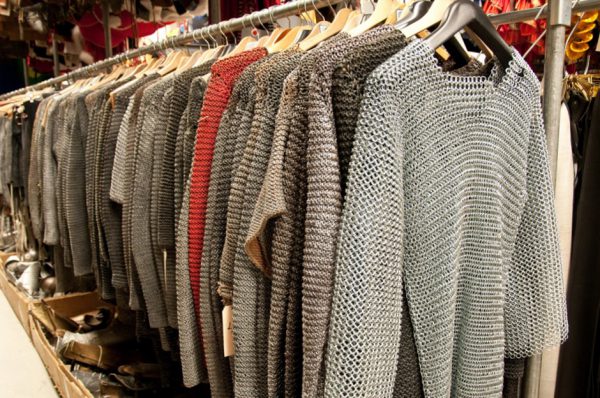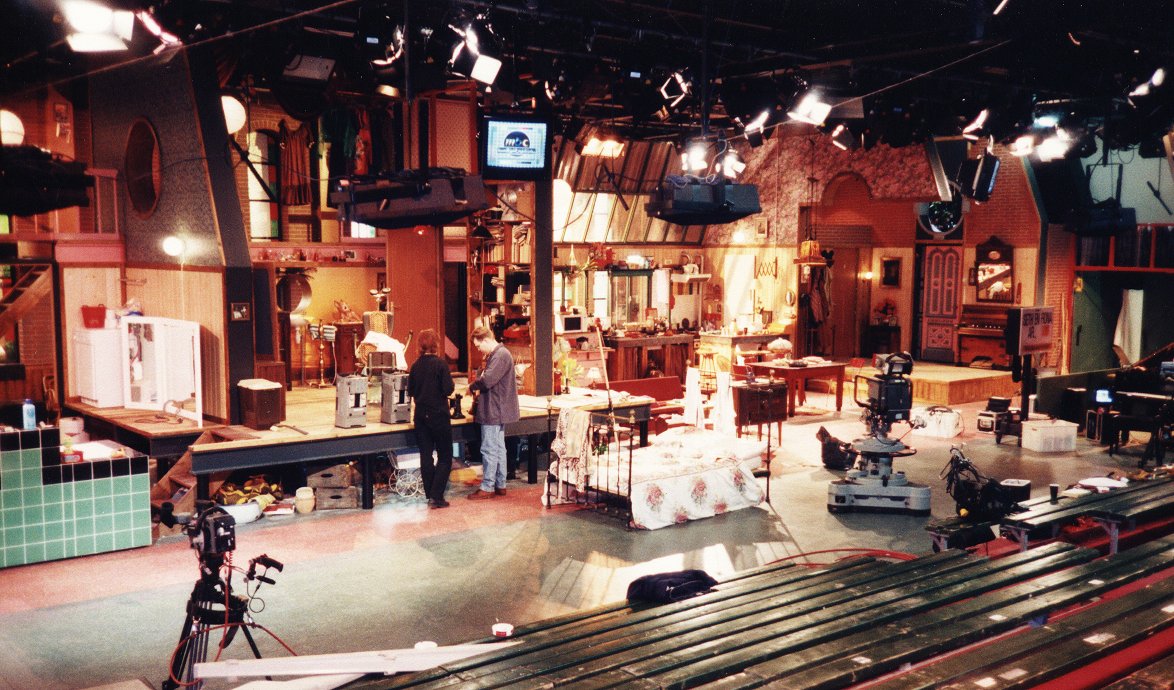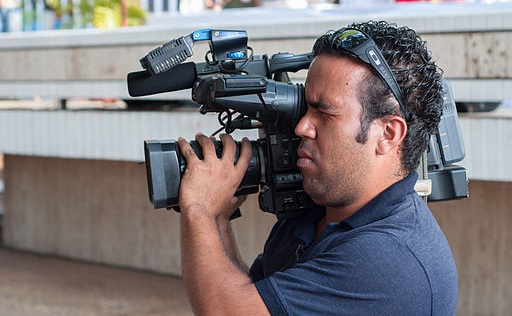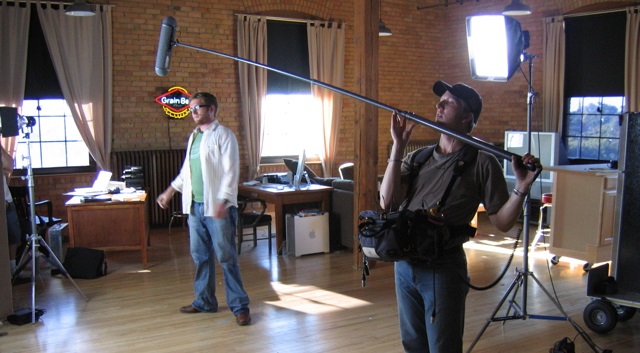
What is a Costume Assistant?
A lot of film productions, depending on the genre and the setting, rely on their costume department for an accurate representation of the setting, period and story. For this reason, the department involves many different roles and a variety of tasks that need to be smoothly carried out during pre-production.
Costume Assistants take care of lots of smaller, daily, or last-minute tasks to help Costume Designers complete their job with the best possible result. This entry-level job is also the perfect way to kickstart a career in the Costume Department.
Costume Assistants help Costume Designers break down the script, in order to identify all the costumes needed by different characters throughout the story. They also assist in research into clothing styles, design and fabrication methods.




